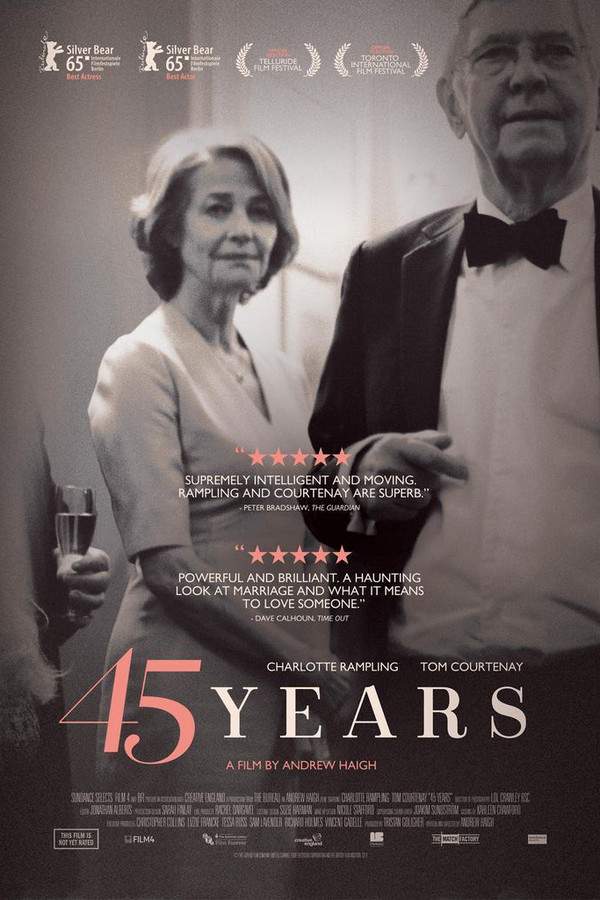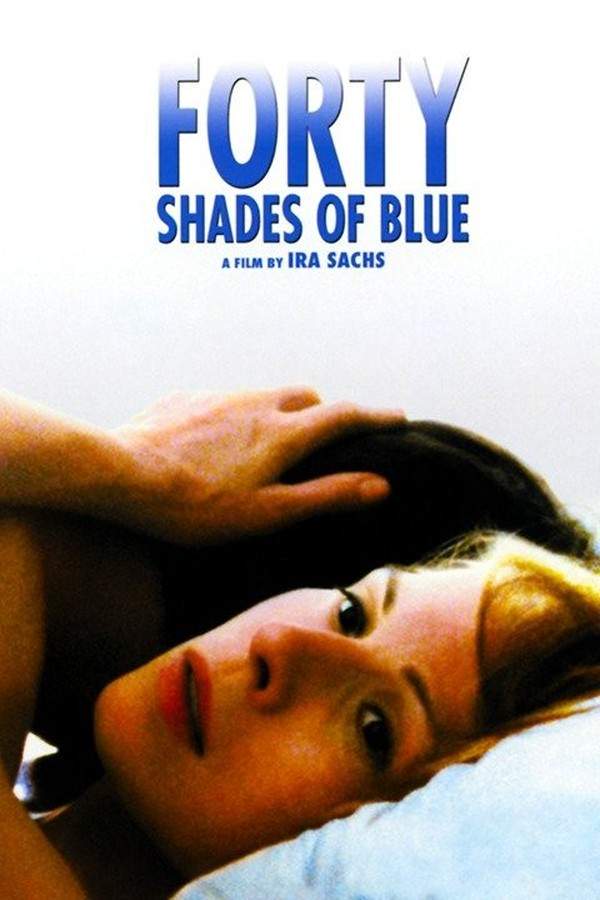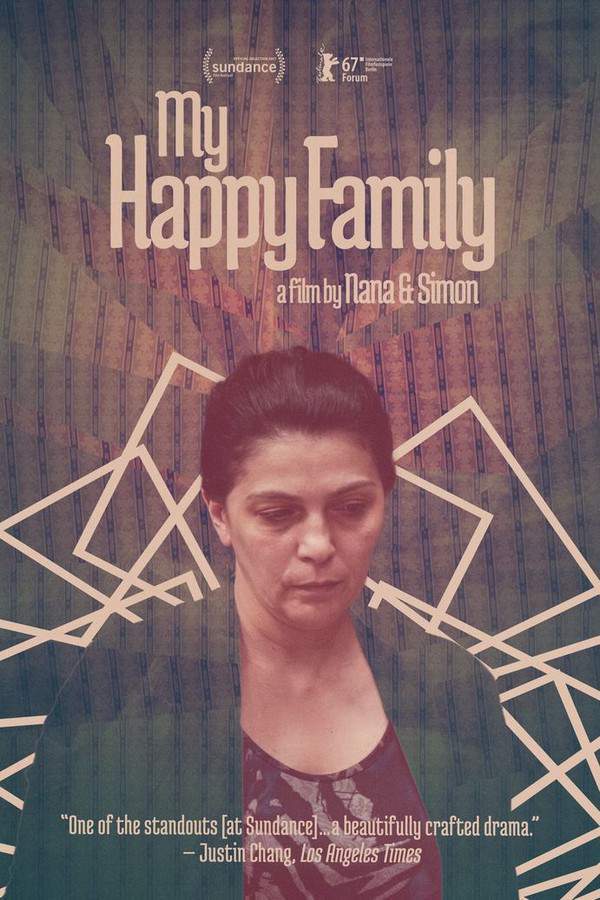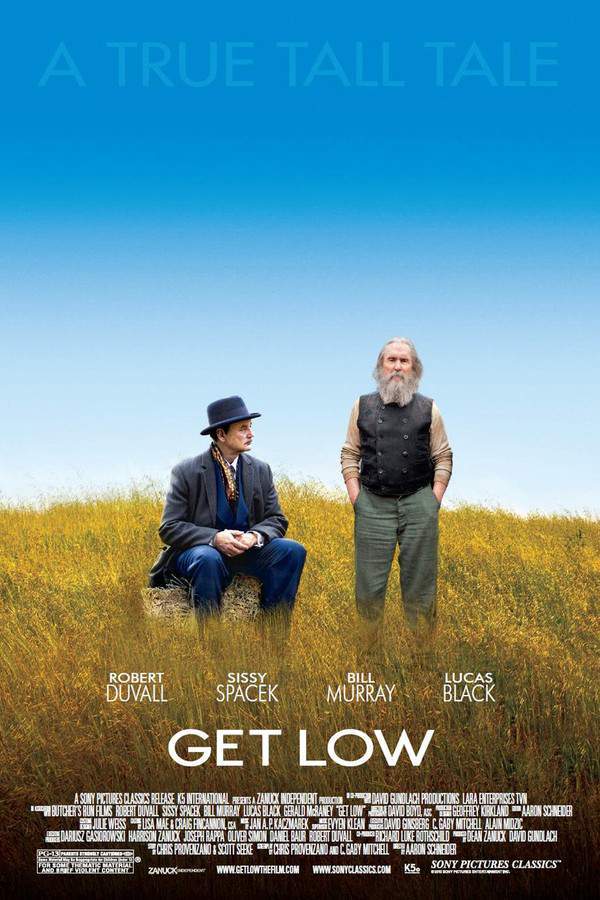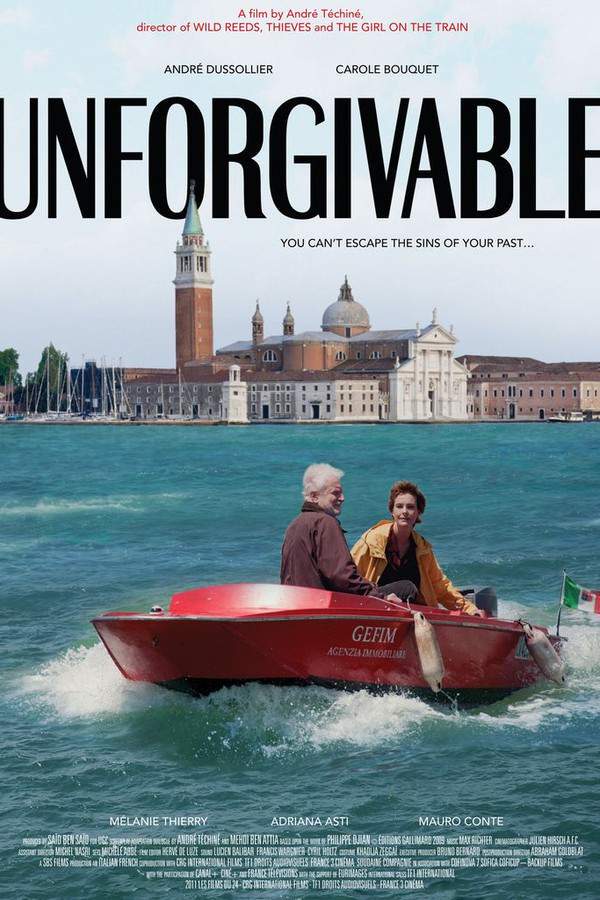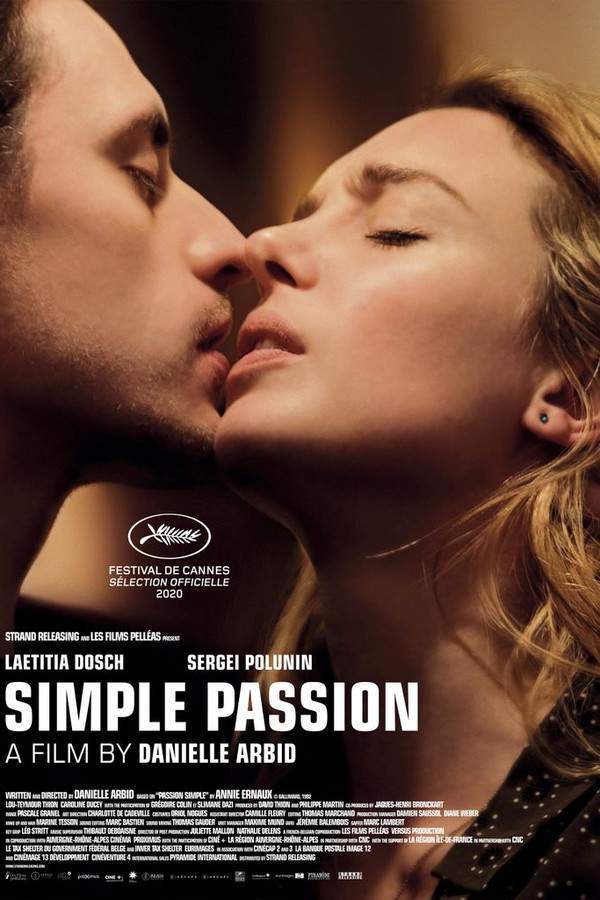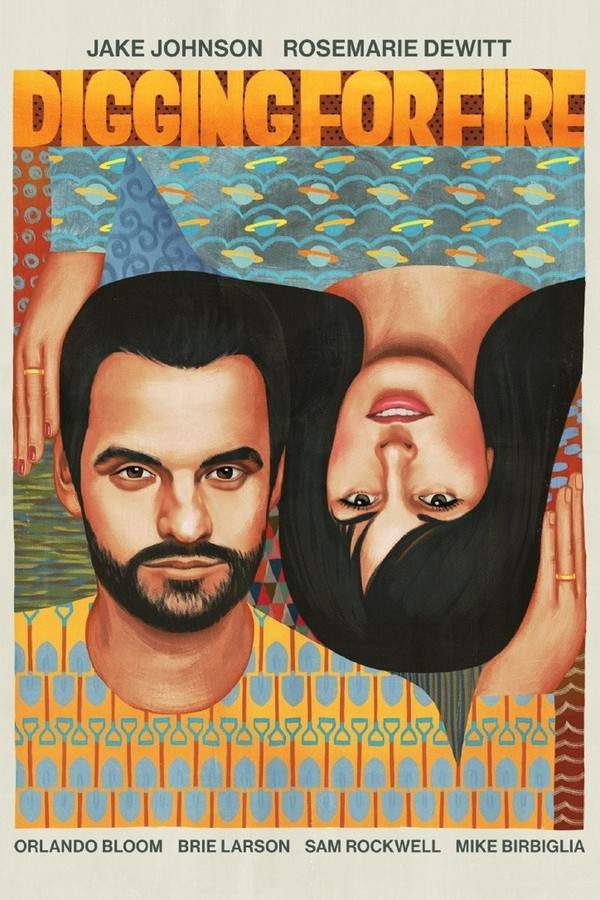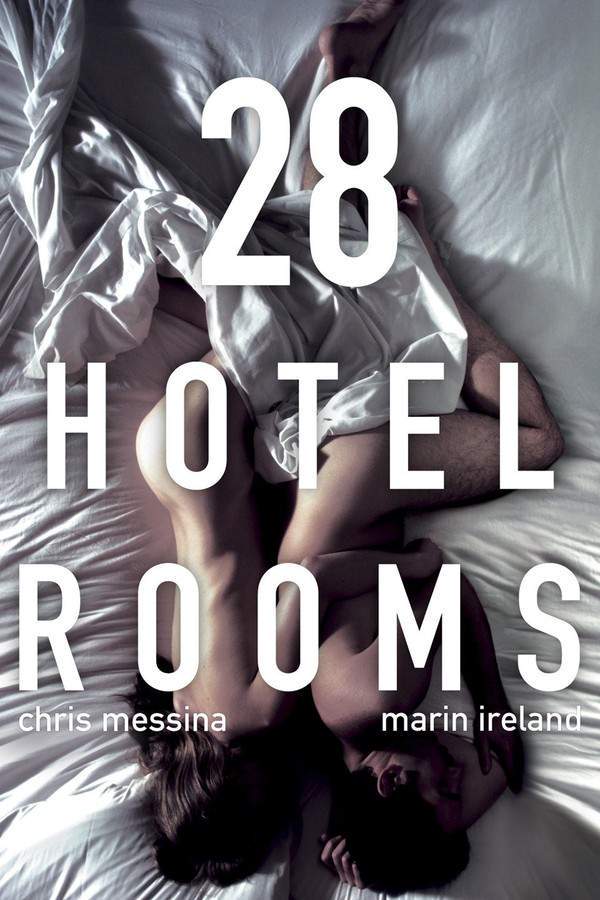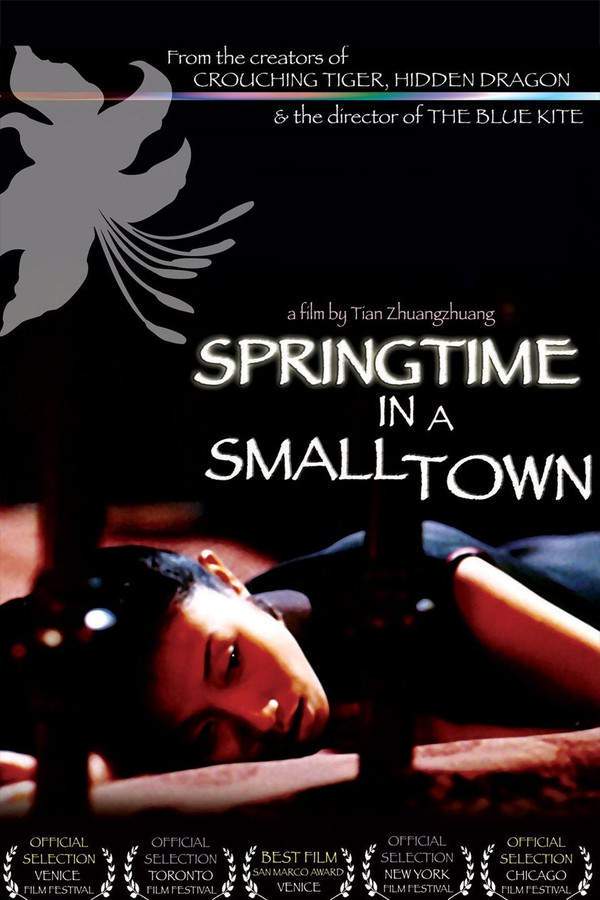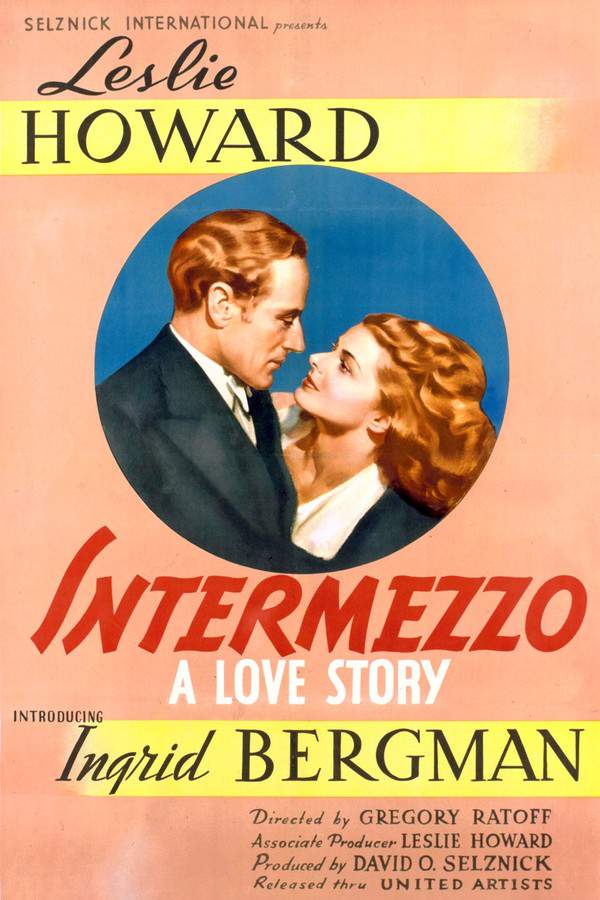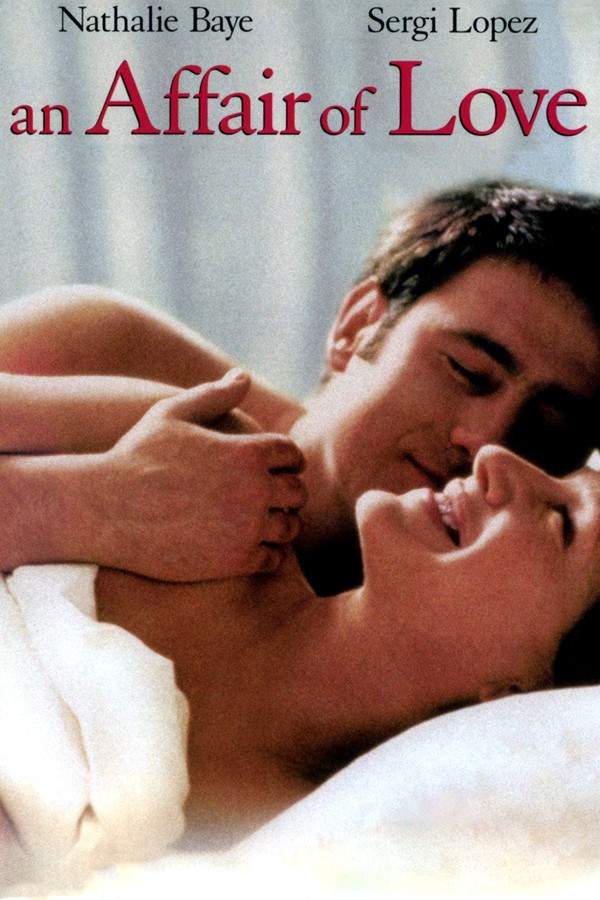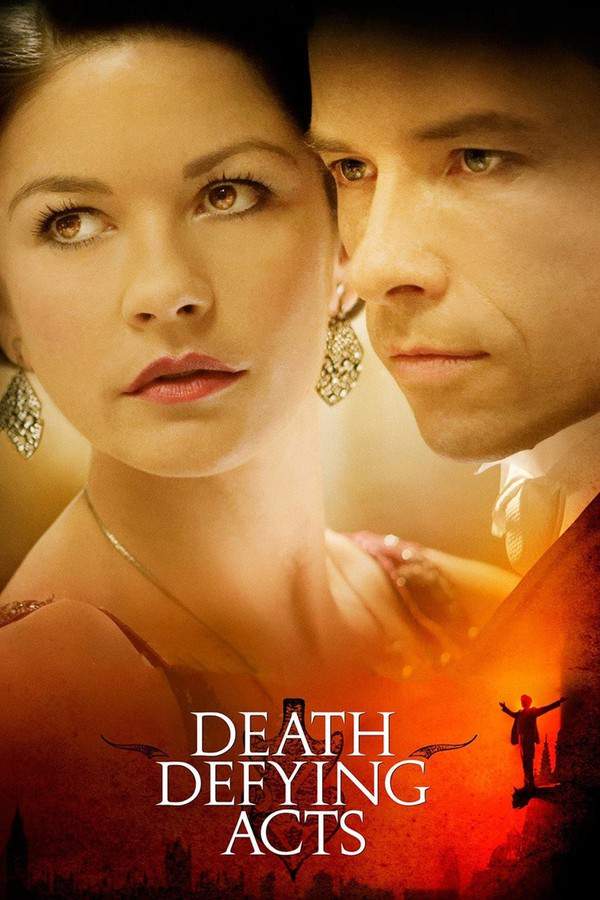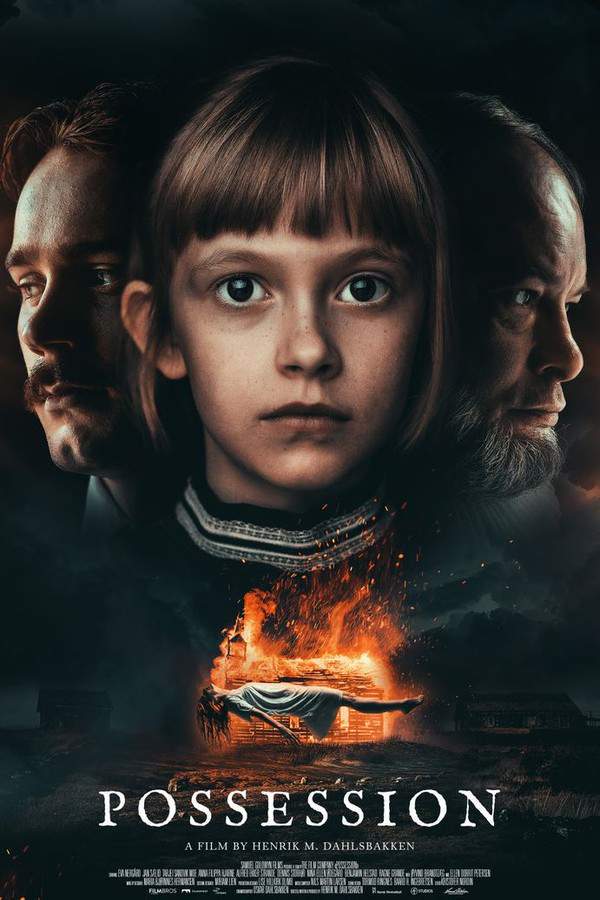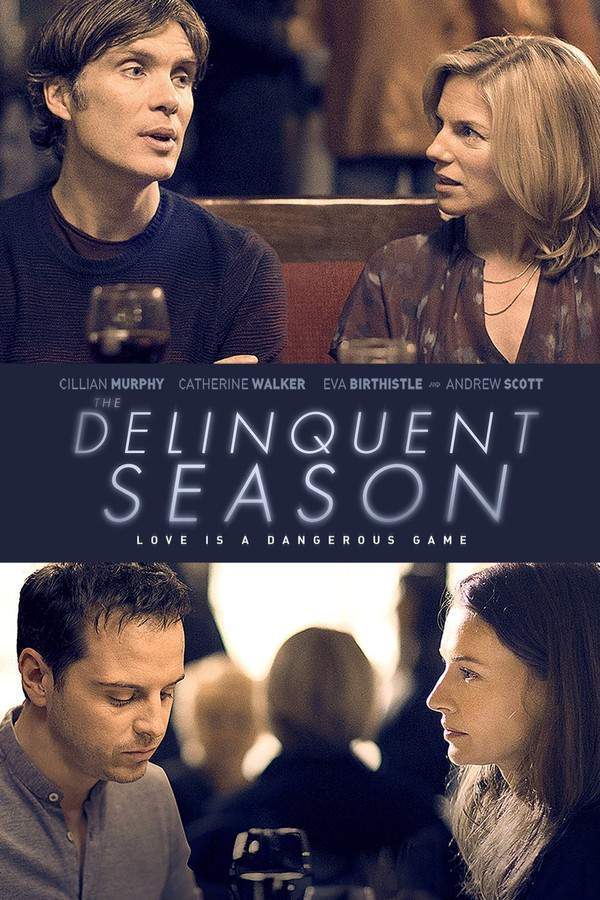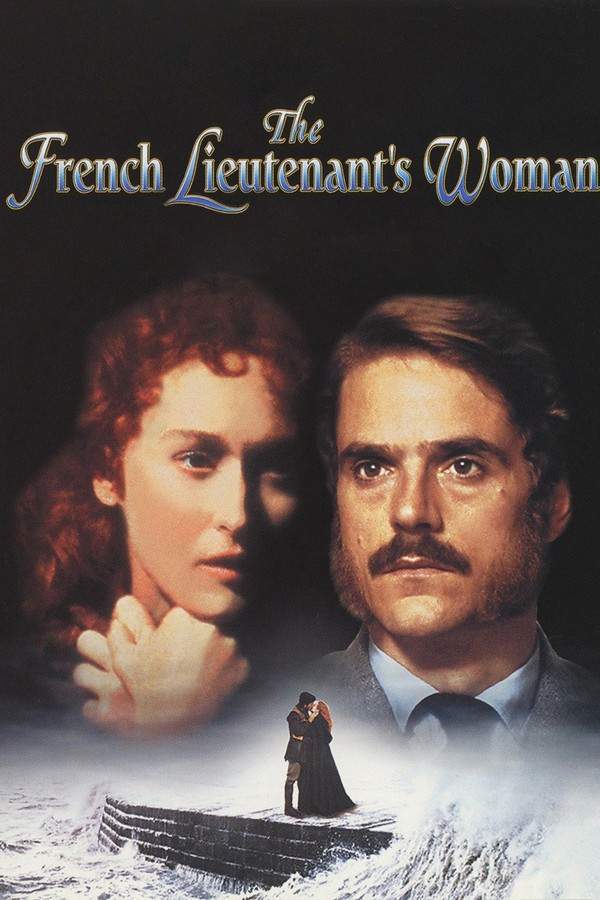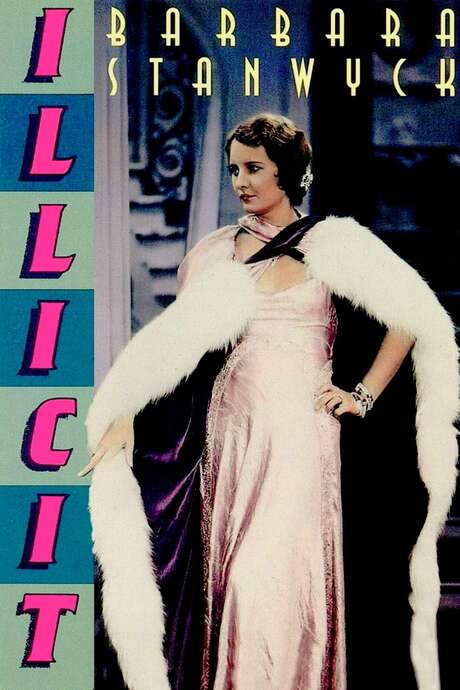
Before the Winter Chill
Year: 2013
Runtime: 103 mins
Language: French
Director: Philippe Claudel
Paul, a respected surgeon, and Lucie, his accomplished homemaker wife, appear to be the ideal couple. However, as autumn arrives, Paul finds himself drawn into a perplexing and potentially hazardous connection with a young woman. Strange occurrences, such as roses delivered to his office and seemingly accidental encounters, spark his suspicion. He begins to question the nature of this new relationship and wonder if a darker secret lies hidden beneath the surface.
Warning: spoilers below!
Haven’t seen Before the Winter Chill yet? This summary contains major spoilers. Bookmark the page, watch the movie, and come back for the full breakdown. If you're ready, scroll on and relive the story!
Before the Winter Chill (2013) – Full Plot Summary & Ending Explained
Read the complete plot breakdown of Before the Winter Chill (2013), including all key story events, major twists, and the ending explained in detail. Discover what really happened—and what it all means.
In a quietly focused drama from Philippe Claudel, Paul [Daniel Auteuil] is a brain surgeon whose life appears neatly arranged and deeply secure. He is married to the luminous Lucie [Kristin Scott Thomas], a woman who gave up her own ambitions to support his brilliant career, and together they’ve built a warm home that includes a son and the steady rhythm of daily life. On the surface, everything is good, but a subtle disquiet threads through Paul’s days, a sense that something critical might be missing or mislaid in the routine of success.
That sense is jolted when a bar worker recognizes him, insisting he once performed procedures beyond his current specialty. Paul resists at first—he’s a neurosurgeon, not a generalist—but the woman’s memory is stubborn, and her insistence nudges him toward a murkier curiosity about a past life he believed he had left behind. The tension remains discreet, almost invisible, until a series of symbolic gestures—bunches of red roses delivered at his workplace, then at home—begins to unsettle the couple. When the roses appear again on his car in a culminating, almost punitive way, Paul’s attempt to dismiss the matter as a harmless misunderstanding dissolves in the face of a creeping obsession: the sense that someone is watching, calculating, waiting for the moment to strike.
The flower deliveries spark a conversation with Lucie about trust, but Paul’s response is hedged and defensive, insisting that the gifts feel more like threats than tenderness. A moment of volatile misreading in a florist’s doorway—when a young woman says she was merely buying the flowers for the bar worker—leaves him rattled and furious, and he walks away with a fragile, unsettled calm. Yet the encounter plants a different idea in him: the possibility of crossing into a realm he has always avoided, a space of risk and mystery that promises something tantalizingly forbidden.
That lure becomes personal when Paul encounters the enigmatic Lou Leïla Bekhti. He follows his impulse to apologize for past collisions, but the apology grows heavier with an unspoken need for connection. He learns Lou’s name and, despite the warning glow of his responsibilities, finds himself drawn into a bond that seems both dangerous and undeniable. What begins as a cautious, almost clinical curiosity slowly devolves into something more intimate, and Paul becomes entangled in a relationship whose emotional charge unsettles the calm life he has built with Lucie.
Meanwhile, the domestic front trembles. Lucie worries about her penniless sister who struggles with mental health issues and about her daughter-in-law, who has begun to drift into sadness. Paul’s responses often reveal a widening gulf between him and his family: he speaks of “our son” as if in a distant orbit, a reminder that his internal life may not align with the lives he shares with those closest to him. As work pressures mount, Paul’s manager suggests a holiday to recharge, a practical nudge toward rest that instead points him toward a deeper immersion in his liaison with Lou.
Their meetings unfold in public spaces that feel intimate and charged: in a park where Paul brings his granddaughter, and where Lou’s presence there stirs a fragile sense of possibility, or in moments of quiet confession that reveal a more vulnerable side of Lou—one that hints at a past shaped by loneliness, longing, and a search for self-worth through art and beauty. Lou’s warmth and vulnerability, intensified by her own frailties, pull Paul toward her with an intensity that he can neither fully name nor resist, even as the memory of his secure life presses back with a familiar, numbing rationality.
The narrative threads weave through episodes that underscore Paul’s distance from the life he has lived—a distance that becomes sharper as Lucie’s sister’s crisis deepens and as the family’s internal dynamics reveal latent fractures. In a troubling moment, Paul’s initial scuffles with Lou’s visible proximity give way to a more troubling realization: his involvement with Lou could threaten everything beloved and stable, including the family he has helped to build. It’s a delicate, ambiguous tension—one that the film treats with restraint, never rushing toward easy judgment or melodrama.
Lou’s past emerges with a chilling, almost clinical clarity. She is revealed to be an orphan who collaborated with another woman to manipulate and, in some cases, end the lives of wealthy men. The police become involved, and their testimony makes it clear that Paul’s proximity to Lou places him “this close” to danger and scandal, even as they acknowledge that he only glanced at the edge of complicity. The investigation culminates in a tense confrontation in Lou’s flat, where Lou is found dead in her bath, a tragedy that casts a shadow over Paul’s narrative and forces him to confront the consequences of his choices.
Back in the world of Paul’s routine, life continues in its measured tempo: tennis matches with Victor, Gérard’s son, and family dinners in the garden with Gérard and his partner. The weight of what has happened lingers as Paul returns to work—a return punctuated by small, almost mundane acts that feel suddenly loaded with meaning. A quiet, almost ceremonial moment occurs when Paul discovers a cassette in his coat pocket—a fragment of Lou’s world that the police allow him to keep, a tangible relic of a life he briefly touched. His wife’s presence in the doorway of the house becomes a silent witness to a choice he must make: remain within the familiar security of his marriage or step further into a realm defined by longing, ambiguity, and risk.
The film closes with a powerful, somber resonance. A quiet night on the terrace morphs into a revelation as Paul sits with the cassette and the family’s voices fade into the background. A voice from the tape speaks and sings a slow, sad song, a private chorus that seems to answer the unspoken questions about desire, fault, and consequence. Lucie observes, and the scene lingers on the line between memory and consequence, between the life they had and the life that may have been altered forever. The closing image folds the personal into the universal: a man who was a healer, a wife who sacrificed for him, a lover who offered passion and peril, and a family that must reckon with the echoes of a choice that could not be fully undone.
Critically, the film was received as a thoughtful, nuanced drama, noted for its restrained storytelling and the performances that carry emotional weight without melodrama. It holds a 71% fresh rating on Rotten Tomatoes based on 17 reviews, with an average score that reflects a respectful engagement with its themes of fidelity, mid-life crisis, and the peril of entangling one’s life with a past that refuses to stay buried.
This intimate, morally complex portrait emphasizes how quiet decisions can ripple outward, shaping a family and a future in ways that reveal as much about love and memory as about danger and desire. The film’s tone remains cool and observant, allowing moments of tenderness and pain to breathe without sensationalism, and inviting viewers to weigh responsibility against longing in a story where every gesture matters.
Last Updated: October 03, 2025 at 10:33
Explore Movie Threads
Discover curated groups of movies connected by mood, themes, and story style. Browse collections built around emotion, atmosphere, and narrative focus to easily find films that match what you feel like watching right now.
Movies about quiet domestic unraveling like Before the Winter Chill
Stories where quiet tension and obsession fracture a stable existence.If you liked the slow-burn tension and melancholic atmosphere of Before the Winter Chill, explore other movies like it. These dramas focus on the quiet unraveling of seemingly perfect lives, often involving marital strain, obsession, and the heavy consequences of secret desires.
Narrative Summary
These films typically follow a protagonist established in a stable, respectable life who is drawn into a perplexing and hazardous situation. The narrative builds through accumulating small, unsettling events rather than major plot twists, focusing on psychological tension and the emotional fallout within a domestic or professional setting. The journey is one of descent from security into a realm of moral ambiguity and loss.
Why These Movies?
Movies are grouped here for their shared focus on restrained pacing, a melancholic tone, and the specific narrative pattern of a life unraveling from within. They prioritize psychological realism and the quiet, devastating impact of human frailty over sensationalism.
Movies about dangerous affairs and consequences like Before the Winter Chill
Narratives exploring the heavy cost of an illicit and manipulative relationship.For viewers who enjoyed the themes of infidelity and manipulation in Before the Winter Chill, this list features similar movies about dangerous liaisons. These films explore the psychological toll and real-world consequences of obsessive relationships, often leaving characters with a bittersweet or somber reckoning.
Narrative Summary
The narrative pattern involves a protagonist entering a relationship that seems alluring but is shadowed by danger or deception. The story charts the progression from initial intrigue to growing suspicion and psychological manipulation. The central conflict is the collision between this dangerous liaison and the protagonist's real life, culminating in a resolution that emphasizes the lasting consequences and emotional scars.
Why These Movies?
These films are connected by their thematic focus on the dangers and moral complexities of infidelity, particularly when it involves manipulation. They share a medium to high emotional weight, a serious tone, and an ending that reflects the cost of the characters' actions.
Unlock the Full Story of Before the Winter Chill
Don't stop at just watching — explore Before the Winter Chill in full detail. From the complete plot summary and scene-by-scene timeline to character breakdowns, thematic analysis, and a deep dive into the ending — every page helps you truly understand what Before the Winter Chill is all about. Plus, discover what's next after the movie.
Before the Winter Chill Timeline
Track the full timeline of Before the Winter Chill with every major event arranged chronologically. Perfect for decoding non-linear storytelling, flashbacks, or parallel narratives with a clear scene-by-scene breakdown.

Characters, Settings & Themes in Before the Winter Chill
Discover the characters, locations, and core themes that shape Before the Winter Chill. Get insights into symbolic elements, setting significance, and deeper narrative meaning — ideal for thematic analysis and movie breakdowns.

Before the Winter Chill Spoiler-Free Summary
Get a quick, spoiler-free overview of Before the Winter Chill that covers the main plot points and key details without revealing any major twists or spoilers. Perfect for those who want to know what to expect before diving in.

More About Before the Winter Chill
Visit What's After the Movie to explore more about Before the Winter Chill: box office results, cast and crew info, production details, post-credit scenes, and external links — all in one place for movie fans and researchers.


